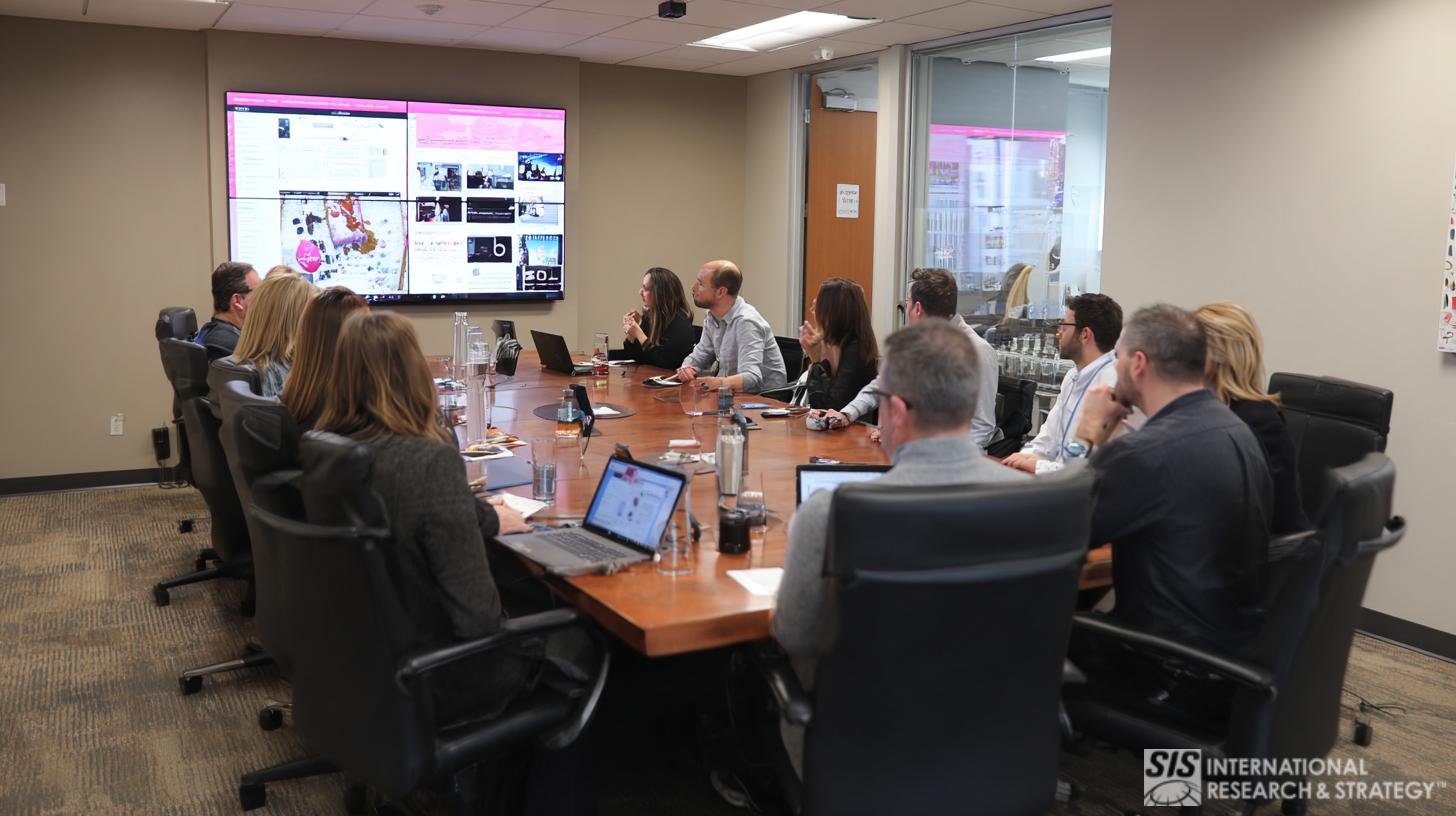
One of the most daunting challenges in today’s global economy is the “Talent crunch” and challenges in scouting, recruiting, and growing talented people in your firm. Ageing societies are struggling to find qualified people to run complex and high-technology processes.
Attracting and retaining talent can mean the difference between success and failure in today’s fast-paced global economy. Significant trends are impacting HR management functions, including the rise of Artificial Intelligence, Data Science, Automation and Algorithms.
La importancia de la gestión del talento
La Gestión del Talento es importante por las siguientes razones:
- The HR function is considered strategic by more and more companies.
- Los profesionales de recursos humanos todavía creen que sus fuerzas laborales no están adecuadamente preparadas para cumplir con los planes futuros de sus empresas.
- HR management has embraced software and management tools but many companies use manual tools and processes.
- Technology-enabled automation of discrete talent functions is providing significant opportunities for cost containment.
- Cross-functional HR metrics leveraging workforce analytics can provide an advantage.
- Los millennials tienen más probabilidades de cambiar de trabajo, lo que hace que la adquisición de talento y la retención de recursos humanos sean fundamentales
- La medición y gestión de métricas, indicadores clave de desempeño y análisis de la fuerza laboral son cada vez más importantes.
Adquisición de Talento
A robust Talent Management function within a company hires beyond the traditional model of looking only at skills; instead, they hire by “talent.” Focusing on defining the talent needed to reach organizational goals and building a plan to make certain you have the talent available are the crucial first step in a robust TM function.
Su enfoque va más allá de un enfoque externo. Los directivos necesitan poder conocer sus propios talentos, lo que requiere una gran dosis de introspección. Un líder seguro no tiene problemas en contratar personas mejores que él mismo.
As part of a company’s long-term Talent Management procedures, much of the scouting process involves getting both managers and members of Generation Y on board. Generation Y has fundamentally different objectives in their behavior, outlook and interaction in the workplace. Generation Y, as a baby boom generation, is widely considered one of the most important generations in advancing a rapidly ageing workforce.
Integrando a la Generación Y en el lugar de trabajo
SIS has built a model that proactively integrates very talented members of Generation Y in creative development, strategic planning and research. Essentially, the goal is to harness both the strengths of older and younger generations, while minimizing the intergenerational tensions that often arise in corporate settings.
Embracing Generation Y is one possible method. For example, at SIS, managers fully embrace the youth. We provide them with an uncommon opportunity for experience and confidence to allow them the opportunity to thrive. And through their perspectives, we have considered many new initiatives that have continued to our success, our commitment to innovation and ability to provide high degrees of client value. But, what works in our company may not work in others. It is a matter of striking the right balance between strategy and culture.
Making Your HR Function More Strategic
The Talent Management function certainly considers necessary skills and the candidates’ ability to grow their skills, applying them to core business processes and leading change. Talent Managers analyze the candidate’s ability to fit within the corporate culture, viewing corporate culture as a valuable competitive advantage. For certain companies, integrity, responsibility and character are important in ensuring that the company’s long-term interests will be fulfilled. For example, many financial services firms look to ensure that their new talent are group-oriented to minimize self-serving behavior that could potentially endanger their firms.
Aligning talent with corporate culture is not fluffy marketing jargon. A strong corporate culture with employees on board contributes to strong competitive advantages in companies like Southwest and Apple.
En corporaciones con estructuras organizativas rígidas, a menudo puede haber un número significativo de personas talentosas. Pero, cuando los profesionales talentosos no se sienten valorados, respetados o no sienten la libertad suficiente para concebir e implementar ideas creativas.
Medición del valor en la gestión del talento
Muchas empresas se esfuerzan por crear entornos que cultiven relaciones sólidas con la adquisición de talento. Esto se debe al gran valor del talento en las operaciones de la empresa y a la competencia que podría surgir si la adquisición de talento no queda satisfecha. Además, las empresas quieren asegurarse de que su talento prospere, incluso si la cultura corporativa es rígida. Muchas empresas consideran que la mejor manera de hacerlo es creando para su talentoso personal una red de relaciones sólidas basadas en la verdad, la confiabilidad y la confianza.
Las empresas ahora pueden utilizar intranets integradas de intercambio de conocimientos complejos para poner a sus empleados en contacto con expertos talentosos en toda la corporación para difundir de inmediato conocimientos técnicos de alto nivel. La conclusión aquí es la implementación de procesos que permitan a la empresa inmediatamente aprovechar y hacer uso de su talento.
A long-term perspective
Talent Management is a long-term process, with three potential ways to continually cultivate their talent:
- Volver a entrenar – tener que volver a capacitar a las personas y asegurarse de que tengan los recursos adecuados para ejecutar
- Reposicionar – do not discard antiquated talent, but help reposition them periodically according to their strengths within the company
- Jubilarse – plan with your staff their retirements and futures to build goodwill and loyalty
Acerca de la investigación de mercado de gestión del talento
Talent Management Market Research provides data, insights and strategies to drive performance with your company’s most valuable resources — your team. We conduct Qualitative Research, Quantitative Research, and Strategy Research. In Qualitative Research, we conduct Focus Groups, In-Depth Interviews, Workplace Ethnography, and Online Communities. In Quantitative Research, we conduct employee surveys and surveys with prospective candidates. In Strategy Research, we conduct research into the competitive landscape, competitive analysis, Investigación de oportunidades de mercado, and Market Sizing.


